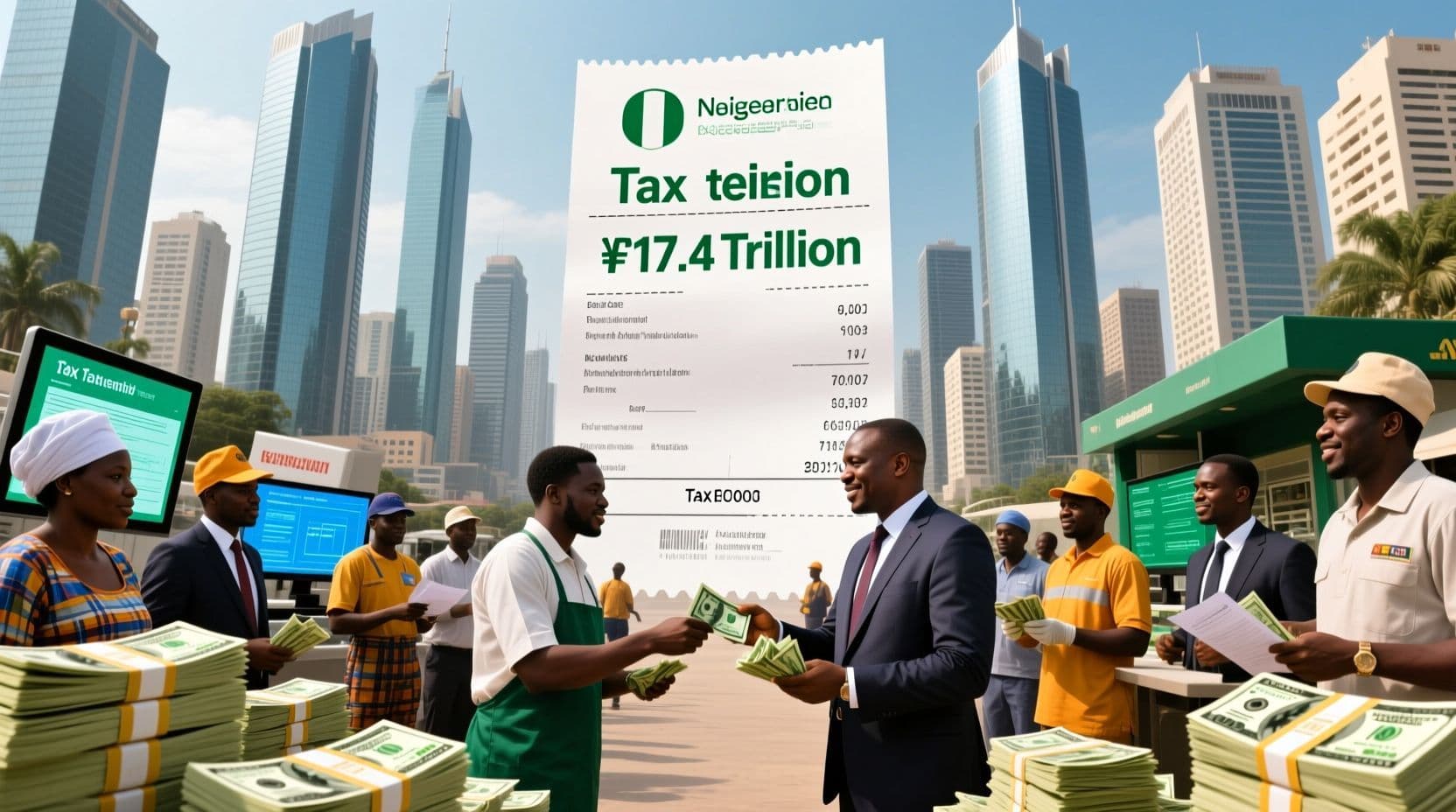Non-Oil Tax Boom: Nigeria’s New Cash Cow
The Big Picture: For once, crude crude doesn’t rule the day. Nigeria raked in ₦17.4 trillion in tax revenue during the first seven months of 2025, and a stunning 75 percent of that came from the non-oil sector, Businessday NG reports.
The Details: Non-oil collections hit ₦13.07 trillion, a 23.4 percent jump over last year. Oil-linked taxes also inched up 18.3 percent, but the real headline is that the non-oil surge alone outstripped the nation’s combined tax take in 2021 and 2022. A tax-policy analyst told Punch the numbers are an early vote of confidence in the 2025 Tax Reform Acts, which broaden the tax net while "protecting low-income earners."
Why It Matters: A heftier, more diversified tax base means less vulnerability to crude-price roller-coasters. The reforms tilt toward progressive levies, targeting higher earners and large corporates while simplifying compliance for everyone else. For more details on fundamental Nigerian tax concepts, visit our Introduction To Nigerian Tax Laws.
The Reaction: Tax pros are cautiously cheering. More cash gives Abuja room to fund health and infrastructure, but only if governors resist the urge to splurge. "Outcomes depend on responsible spending at all levels," a health-finance brief warned, according to MSN.
Around the Tax World
• Streaming, meet FIRS: Netflix, Spotify, and AWS must now register, collect, and remit VAT under tougher digital-service rules ( TechNext ).
• Robots with calculators: The tax authority is rolling out AI-driven data analytics to spot under-reporting and cut audit headaches, the News Agency of Nigeria says.
• Goodbye 5 % telecom excise: President Tinubu scrapped the levy to lighten the digital economy’s load, according to TV360 Nigeria.
• Politicians under the microscope: Senator Dino Melaye faces a court summons over alleged ₦500 million in unpaid personal taxes after a rival leaked his records (FIJ NG; Ripples Nigeria).
Tax Stat of the Day
75%, the non-oil share of Nigeria’s ₦17.4 trillion tax kitty so far in 2025, underscoring the country’s fastest pivot away from crude dependence yet (Businessday NG).
Looking Ahead
All eyes are on the Federal Inland Revenue Service’s next report card and whether the reforms can push the tax-to-GDP ratio to the government’s 18 percent target by 2026. For a closer look at the upcoming changes in the tax landscape, check out our NRS Says “Game On” for 2026 Tax Reforms as E-Invoices Go Live article.
Prepared by MyTax - mytax.com.ng
